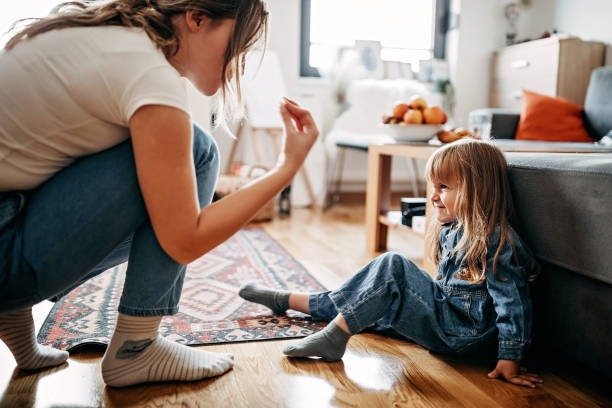Strong Room
10 Good Habits of Parents that Make Kids Disciplined

Source: https://www.msn.com/
Discipline in kids is a reflection of the habits of parents. By cultivating positive routines and demonstrating responsible behavior, parents can help shape disciplined, respectful, and well-rounded kids.
Here are a few good habits kids copy from their parents:
They respect rules and follow them: Consistent rules help children understand expectations and build trust. When parents enforce rules consistently, children learn to respect boundaries and understand consequences. This stability encourages disciplined behavior, making it easier for children to follow guidelines.
They preach by example: Children imitate what they see. When parents model discipline in their actions, such as completing tasks on time and managing emotions well, children learn to adopt similar behavior. This powerful example shapes a child’s self-discipline over time.
They role model responsibility: Assigning age-appropriate tasks such as cleaning up toys or doing chores teach children responsibility. Parents will find that when they make responsibility part of daily life for kids, they develop discipline, independence, and a sense of accomplishment that really reinforces self-esteem.
They value time and encourage kids to do the same: Following a structured routine, especially with meals, play, and bedtime, helps children value time. When parents demonstrate punctuality and maintain routines, children learn time management, self-control, and the importance of fulfilling commitments.
They recognise and reward good behaviour: Rewarding or complimenting good behavior enforces discipline. Parents promote responsible behavior in children when they see them trying. Positive reinforcement raises the self-confidence of the children and enables them to consider discipline as a virtue.
They are patient: Showing patience when teaching or correcting children models calmness and resilience. Parents who approach discipline with patience help children feel safe, encouraging them to learn from mistakes rather than fear punishment, which fosters self-discipline.
They keep secrets and respect boundaries: Open dialogue allows children to express feelings and understand rules better. When parents listen without judgment, it builds trust and clarity, helping children respect boundaries while feeling supported, which encourages disciplined decision-making.
They don’t set unimaginable expectations: Parents who communicate clear, understandable expectations make it easier for children to follow them. By defining what’s acceptable, children are less likely to misbehave. This clarity builds responsibility and teaches kids how to self-regulate effectively.
They do not neglect themselves: When parents prioritize self-care, they demonstrate the importance of well-being, balance, and stress management. By seeing their parents manage stress constructively, children learn to handle their own emotions responsibly, fostering inner discipline and resilience.
They encourage empathy and kindness: Teaching children to consider others’ feelings promotes responsible behavior and discipline. Parents who practice and encourage kindness and empathy foster an environment of mutual respect, helping children naturally follow rules and build positive relationships.
Read More: https://childreninfobank.com/safebank/10-good-habits-of-parents-that-make-kids-disciplined/
Image Source: https://www.msn.com/





